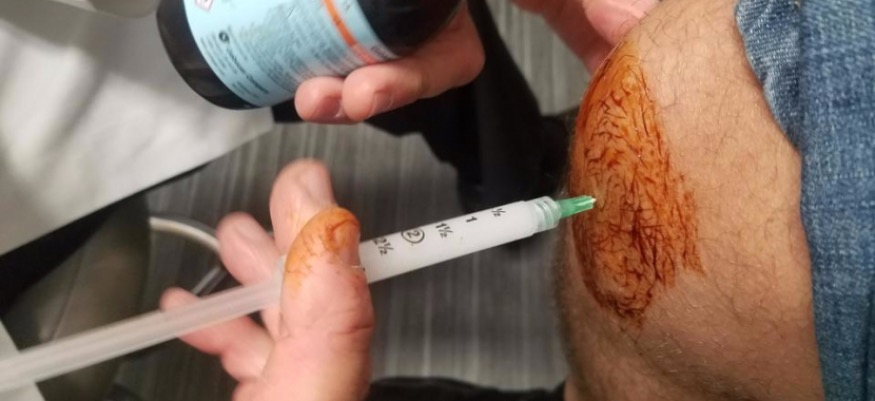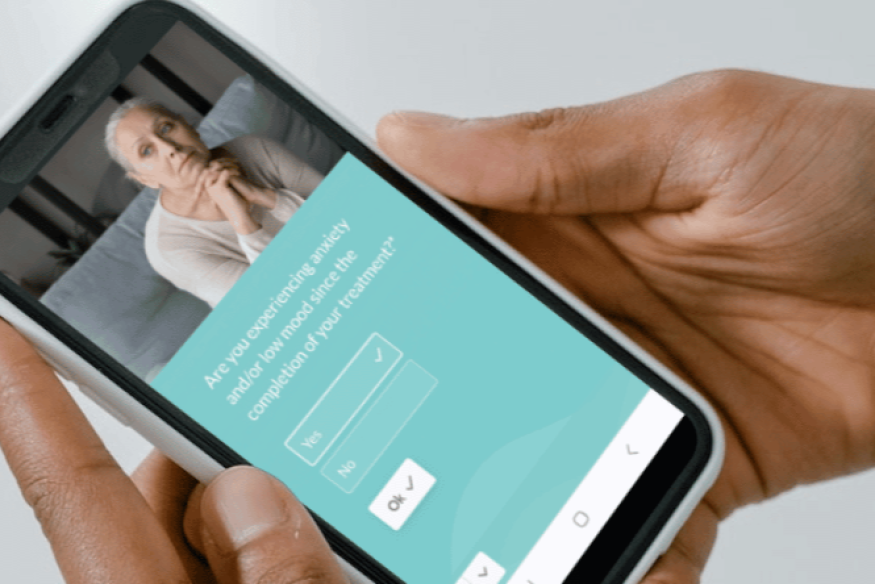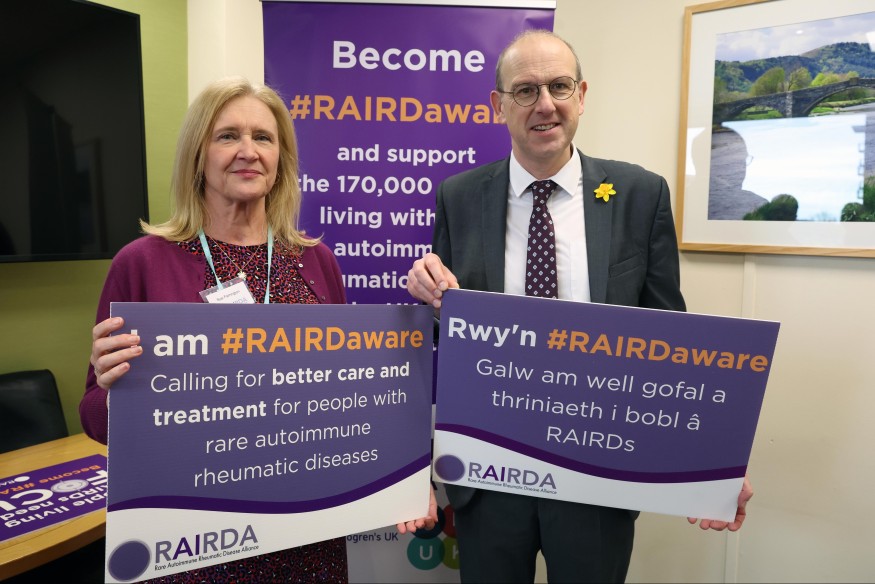
October 22, 2020 - 828 views
Arthritis is a common condition that causes pain and inflammation in a joint and affects people of all ages, including children.
In the UK, more than 10 million people have arthritis or other, similar conditions that affect the joints.
Sadly, society often dismisses arthritis as ‘just aches and pains’ or ‘a bit of wear and tear’. However, the reality is very different.
Arthritis can have a profound impact on a person's quality of life and wellbeing due to acute and chronic pain, physical limitations, management of the condition and mental health issues. This can often result in withdrawal from social, community and occupational activities.
Last week, countries throughout the world observed ‘World Arthritis Day’, an annual awareness day which aims to disseminate information about the condition, as well as raising public awareness of challenges that people with arthritis have to face every day.
There are over 100 different forms of arthritis, with different causes and treatment methods. Two of the most common types are osteoarthritis (OA) and rheumatoid arthritis (RA).
A lesser-known fact about this disease is that it is more common in women than men (one in four compared to one in five), and women are also far more vulnerable to rheumatoid arthritis than men.
Arthritis Action commemorated World Arthritis Day by publishing findings of a new survey, looking at the effects of COVID-19 and lockdown on the daily lives of people with arthritis.
During the COVID-19 pandemic, 42% of people living with arthritis reported that their pain had increased according to the survey, this equates to over 4 million people experiencing increased arthritis pain during the ongoing pandemic.
Of the 147 survey participants, 85% reported increased feelings of loneliness during the pandemic, due to socialising less, whilst over half (54%) revealed that they found it more difficult to access their healthcare facilities or GP practice, and over a quarter (26%) have relied on more pain medication than before due to their increased pain.
Other findings from the research include:
- 46% of respondents reported their joints being more stiff now than before the lockdown
- 2 in 5 admitted to not exercising enough
- 1 in 3 found it harder to complete everyday tasks during the pandemic
- 37% struggled more with managing their weight than before the pandemic
- 36% said COVID-19 had negatively affected their sleep
- 97% of respondents who used Arthritis Action’s online resources to manage their painful arthritis symptoms found them useful
Shantel Irwin, CEO of Arthritis Action, has said:“COVID-19 has had a severe impact on the lives of people with arthritis. They are feeling despondent about the medical help and personal support available to them during this time, which is affecting their ability to take control of their condition. It’s time for a step change in the way we view and treat arthritis."
Meanwhile, whilst Cymru Versus Arthritis greatly appreciate the huge challenges facing the NHS as a result of the pandemic, in July they launched their ‘Impossible to Ignore campaign’, aimed at ensuring that restarting and rebuilding capacity in elective joint replacement services are appropriately prioritised.
Three months on they are calling for further progress to this end and for services to be protected as much as possible through the winter.
Clwyd West MS Darren Millar said he was fully behind protection for these services. "I fully support particularly given that figures published earlier this month show that 57,445 people in Wales were waiting for elective operations in August 2020, compared with 9,859 during the same period in 2019.
"In order to reduce this mammoth backlog the Welsh Government needs to ensure that all avenues are explored in the months ahead, including the use of field hospitals and Covid-light hospitals.
"There are many people out there in great pain and this should not be forgotten in the months ahead as Government’s across the UK continue to deal with coronavirus."







